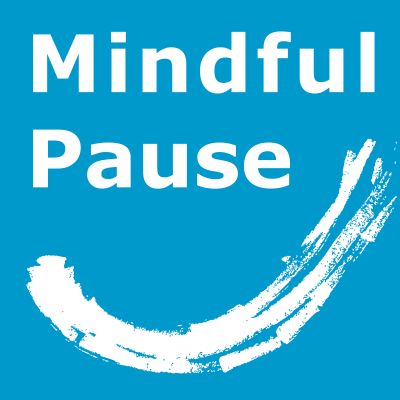Inspiring short talks & stimulating conversations about mindfulness, meaning & purpose.
https://mindfulpause.com
Faith as a human experience
Here, I am not talking about faith in God or in religious beliefs. I am talking about the human capacity for the experience of faith. See audio recording at the bottom of the page.
When you hear the word faith, you probably think about religious belief. Or maybe, faith in God, not necessarily to a given religion. Instead, I will be talking about the human capacity for the experience of faith, which has nothing to do with any specific belief system.
This perspective is different from the conception in which faith entails some mystical connection to the transpersonal, to something beyond us.
Instead, I have a more down-to-earth perspective. I want to use the word “faith” in a much more limited sense, in the same way as we would use the word “trust.”
Let’s say, for instance, that you have a car that you have been using during a frigid winter. On a given day, as the weather forecast predicts a freezing day, you feel confident that your car will work. It doesn’t even occur to you that it might not. You have faith in the car.
Trust and faith result from repeated experience
As something has repeatedly worked for you in the past, you trust that it will again. If friends have been there for you when things were hard, you probably assume that they will be there for you when things go wrong in the future. If you have generally had luck under challenging circumstances, you are likely to have faith that you will be lucky in the future.
Let’s go even further back in the past, back to your childhood. If your parents were reliable support for you, you are more likely to feel that you live in a benevolent universe. If not, you might be more predisposed to seeing the world as harsh and unpredictable.
I am talking about how our various life experiences constitute a database of knowledge from which we implicitly project how we perceive the world.
It is impossible for you, or me, or any human being, to discount the emotional impact that our previous experiences play in how we see the future. Human beings are amazingly good at learning. We learn from experience, and this is what colors our perception of the present and the future.
How does this help in a practical way?
It’s good to keep in mind that our tendency to trust in the future (or not) correlates with the experiences we have had in the past. When we remember this, we can consciously address our unconscious biases.
For one thing, it does not make sense to say: “I should have faith.” You cannot force yourself to change whether or not you have faith because it reflects your experience. So it works better to accept, as a starting point, that having faith (or not) is a given.
It is liberating to accept this instead of forcing yourself to be something you cannot be. You cannot change the past, but you can try to change your experiences in the present and the future.
What is it like in practice? Under challenging circumstances, you find yourself noticing your lack of faith in the future. Then you remember that it makes sense for you not to have faith given the database of experience that you’ve had in your life. Having acknowledged that, you can then be on the lookout for other facts. Other perspectives may then open up. You may see the current situation in a fresh way, not colored by baggage from the past.
Blind faith vs. building trust
We are not talking about trying to have blind faith in the future. We are talking about the possibility of building trust. When we talk about building trust, it’s something that happens in everyday life. In big things as well as in small things, you don’t have to trust everybody blindly. That might be a pretty lousy life strategy?-?better concentrate on exploring whether it is possible to build trust.
To do this, you need to focus on what might be a foundation on which y...
